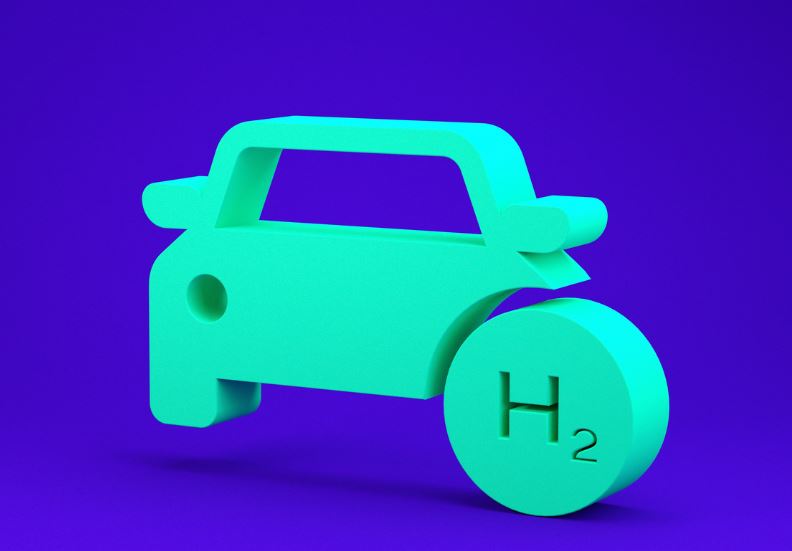A recent wave of hydrogen shortages for vehicles in Korea has ignited a heated debate surrounding the nation’s preparedness to embrace hydrogen fuel cell electric vehicles (FCEVs).
The shortage, stemming from a malfunction at Hyundai Steel’s Dangjin factory in South Chungcheong Province, has led to significant challenges in securing hydrogen for charging stations in interior regions, resulting in long queues and delays for FCEV drivers.
This shortage follows a series of issues, including engine troubles in hydrogen-powered vehicles due to impurities in the hydrogen supply at a charging station in Chungju. The incident has raised doubts about the feasibility of transitioning from traditional diesel-powered vehicles to hydrogen-powered alternatives. Moreover, it has cast a shadow over Hyundai Motor’s plans to launch the next version of the NEXO, its hydrogen passenger car.
Experts point to the government’s evolving roadmap for the hydrogen economy as a source of confusion, hampering private-sector investments. The initial plan, formulated during the Moon Jae-in administration, aimed to have 2.9 million hydrogen vehicles on Korean roads by 2040, supported by at least 1,200 charging stations nationwide. However, the current administration, led by President Yoon Suk Yeol, has readjusted these targets, focusing on a supply of 30,000 hydrogen-powered buses and trucks by 2030 and the construction of 70 additional charging stations.
The recent hydrogen hiccups have not only caused inconveniences for FCEV drivers but also raised questions about the reliability and resilience of the hydrogen infrastructure. Industry officials emphasize the need for a stable and well-established hydrogen supply chain to support the growth of FCEVs in the country. Despite concerns, the energy ministry has assured the public that hydrogen supply will gradually normalize in the coming weeks. The ministry, in an effort to address the situation, held an emergency meeting with domestic hydrogen suppliers and conducted on-site visits to charging stations near Seoul.
